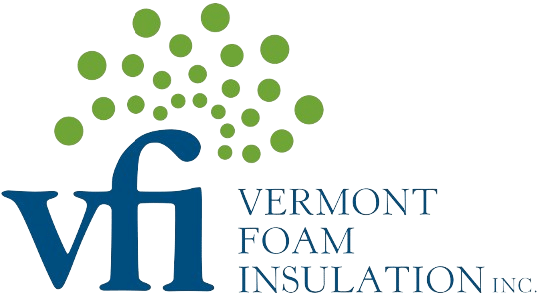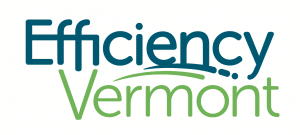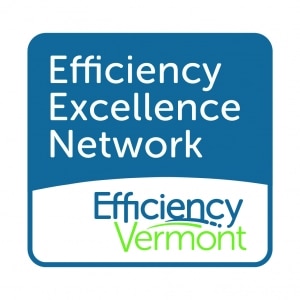New England is known for its breathtaking landscapes, charming covered bridges, small towns, and rich history—but it’s also notorious for its extreme weather. From the frigid winters that bring sub-zero temperatures to the sweltering summers that leave homes baking in the heat, New Englanders experience it all. This makes proper insulation a must-have for homeowners looking to stay comfortable year-round while also reducing energy costs.
How to Weatherize for Year Round Comfort with Insulation
Insulation acts as a barrier that slows heat transfer. In the winter, it traps warm air inside, keeping homes cozy without overworking the HVAC system. In the summer, it blocks external heat from penetrating living spaces, reducing the need for constant air conditioning. Without proper insulation, New England homes suffer from hot second floors, drafty winters, cold attics, cold basements, and skyrocketing energy bills. Every part of a house plays a role in temperature regulation. Let’s break down how insulation in key areas contributes to maximum comfort and efficiency.
Attics
Attics are often one of the biggest culprits when it comes to heat loss in winter and heat gain in summer. A leaky, uninsulated, or poorly insulated attic can allow warm air to escape in the winter and let excessive heat seep in during the summer. This results in higher heating and cooling bills.
The Solution for New England Homes: High-performance insulation like spray foam helps create an air-sealed barrier, preventing temperature fluctuations and improving overall comfort.
Basement & Crawl Space
A neglected basement or crawl space can become a major source of heat loss in winter, making floors cold and increasing energy consumption. In summer, these areas can trap moisture, leading to mold growth and structural issues.
The Solution for New England Homes: Spray foam insulation is ideal for these spaces because it acts as both an insulator and a moisture barrier, reducing the opportunities for mold while keeping temperatures stable.
Building Tightness
Even the best insulation won’t be fully effective if air leaks allow drafts to enter. Gaps around windows, doors, pipes, and electrical outlets contribute to energy waste and inconsistent indoor temperatures.
The Solution for New England Homes: A professional air sealing service, like the ones often combined with our insulation upgrades, ensures that conditioned air stays inside and outdoor air stays out. This leads to better temperature control and lower energy bills.
The Financial Benefits of Proper Insulation
Aside from the obvious comfort advantages, insulating your home is a smart financial investment. A well-insulated home can save homeowners up to 30% on heating and cooling costs each year, and qualifies for tax credits and rebates!
Rebates & Tax Incentives
New England homeowners can take advantage of multiple rebates and incentives to make insulation upgrades even more affordable:
- Efficiency Vermont Rebates – Cover up to 75% of project costs (or up to 90% for median-income homeowners). Learn more: Efficiency Vermont
- 25C Federal Tax Credit – Claim 30% of insulation costs (up to $1,200 annually). More details: Energy Star Tax Credits
- 0% Interest Home Energy Loans – Finance energy efficiency improvements up to $20,000. Learn more: Vermont State Energy Loans
Year-Round Comfort: Why Insulation is a Must for New England Homes
New England’s unpredictable climate makes insulation a necessity, not a luxury. Whether you’re battling icy winter winds or trying to keep your home cool during a summer heatwave, proper insulation ensures that your home remains comfortable, energy-efficient, and cost-effective.
At Vermont Foam Insulation, we specialize in high-performance insulation solutions that help New England homeowners tackle extreme weather head-on. Our team provides expert installation, rebate guidance, and free site evaluations to ensure you get the best insulation solution for your home.








